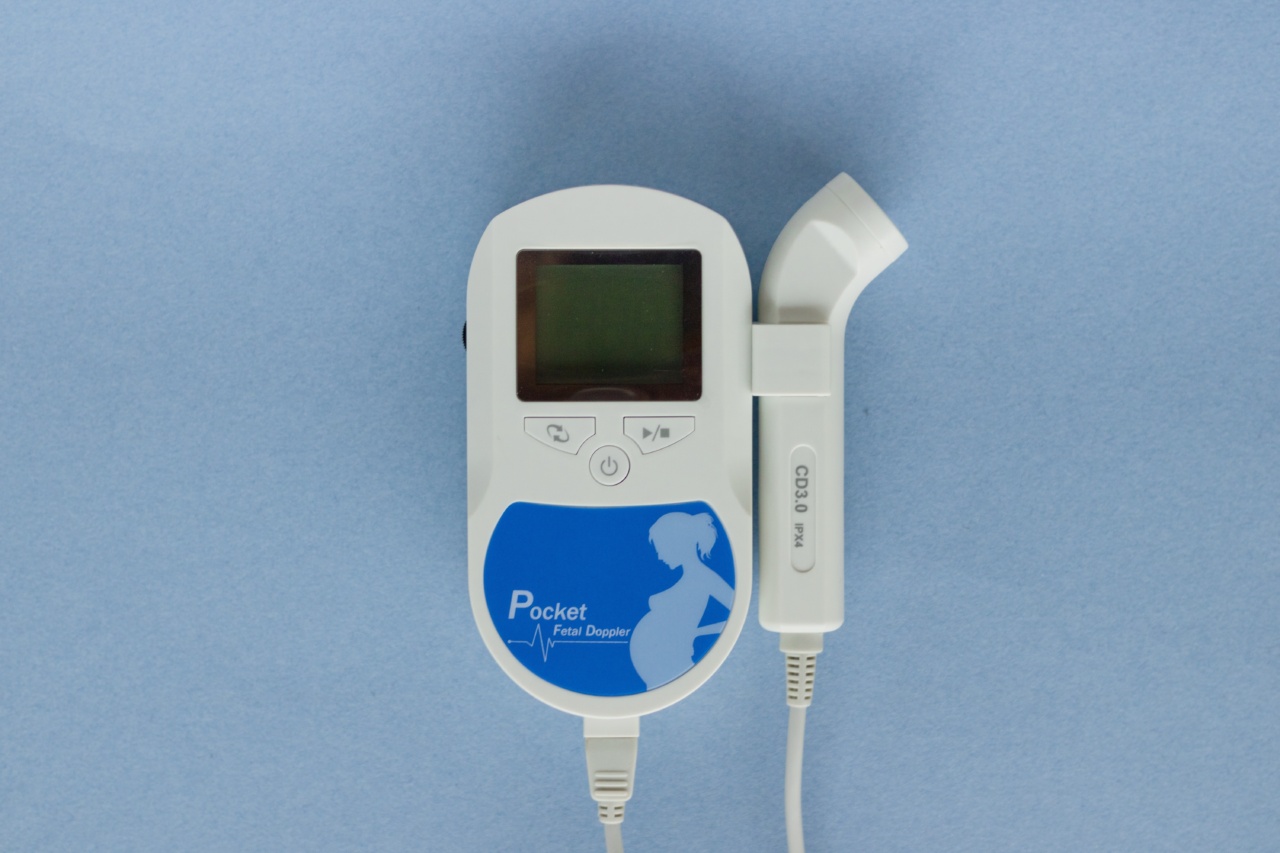Iron is an essential mineral that plays a crucial role in the development and functioning of the human body. During pregnancy, iron requirements increase significantly to support the growing needs of both the mother and the developing fetus.
Insufficient iron levels during pregnancy can lead to a condition known as iron deficiency anemia, which has been associated with various adverse outcomes for both the mother and the baby. In recent years, there has been a growing interest in investigating the potential link between low iron during pregnancy and an increased risk of autism spectrum disorder (ASD) in offspring.
The Link Between Iron and Neurodevelopment
Iron plays a vital role in brain development and function. It is involved in the production and functioning of neurotransmitters, which are responsible for transmitting signals between cells in the brain.
Iron is also necessary for the formation and maturation of myelin, a substance that coats nerve fibers and enhances their ability to transmit electrical impulses. Additionally, iron is involved in energy production within brain cells.
During pregnancy, iron is needed to support the formation of the fetal brain and to ensure proper neurodevelopment. Iron deficiency can disrupt these processes and lead to impaired cognitive function and neurodevelopmental disorders.
The Autism Spectrum Disorder
Autism spectrum disorder (ASD) is a complex neurodevelopmental condition characterized by persistent difficulties in social interaction, communication, and restricted or repetitive patterns of behavior.
The causes of ASD are still not fully understood, but research suggests a combination of genetic and environmental factors.
While iron deficiency during pregnancy has been associated with various neurodevelopmental deficits, including cognitive impairments and attention deficit hyperactivity disorder (ADHD), its potential link to ASD remains a topic of debate and ongoing research.
Evidence from Studies
Several studies have explored the association between low iron levels during pregnancy and the risk of ASD in offspring. However, the results have been inconsistent, and more research is needed to draw definitive conclusions.
Study 1: A Prospective Cohort Study
A prospective cohort study published in the Journal of the American Medical Association found a significant association between maternal iron deficiency during early pregnancy and an increased risk of ASD in the offspring.
The study included a large sample size and controlled for various confounding factors. However, further research is needed to replicate these findings and determine the underlying mechanisms.
Study 2: A Population-Based Study
On the other hand, a population-based study published in the British Journal of Nutrition found no significant association between maternal iron intake during pregnancy and the risk of ASD in the offspring.
This study relied on self-reported iron intake data, which may be subject to recall bias. Additionally, other factors such as genetic predisposition and environmental exposures were not fully accounted for.
The Role of Genetics and Epigenetics
ASD is known to have a strong genetic component, with certain genes identified as risk factors for the disorder. It is possible that the relationship between low iron during pregnancy and increased ASD risk is influenced by genetic factors.
Genetic variations in iron metabolism and transport genes may interact with low iron levels to impact neurodevelopment and increase the susceptibility to ASD.
Epigenetics, the study of changes in gene expression that do not involve alterations to the underlying DNA sequence, is another emerging area of research in ASD.
It is hypothesized that prenatal iron deficiency could lead to epigenetic modifications that affect gene expression and contribute to the development of ASD.
The Importance of Iron Supplementation
Iron supplementation is a common practice during pregnancy to prevent or treat iron deficiency anemia. It is essential for pregnant women to follow the recommended iron intake guidelines provided by healthcare professionals.
Adequate iron levels support optimal neurodevelopment and reduce the risk of various adverse outcomes, including preterm birth and low birth weight.
The Need for Further Research
While some studies suggest a potential link between low iron during pregnancy and an increased risk of ASD, there is still much to be investigated.
More rigorous and large-scale studies are needed to establish a conclusive relationship between iron status during pregnancy and the risk of ASD in offspring. Understanding the underlying mechanisms and potential interactions with genetic and epigenetic factors will contribute to improved strategies for the prevention and management of ASD.






























